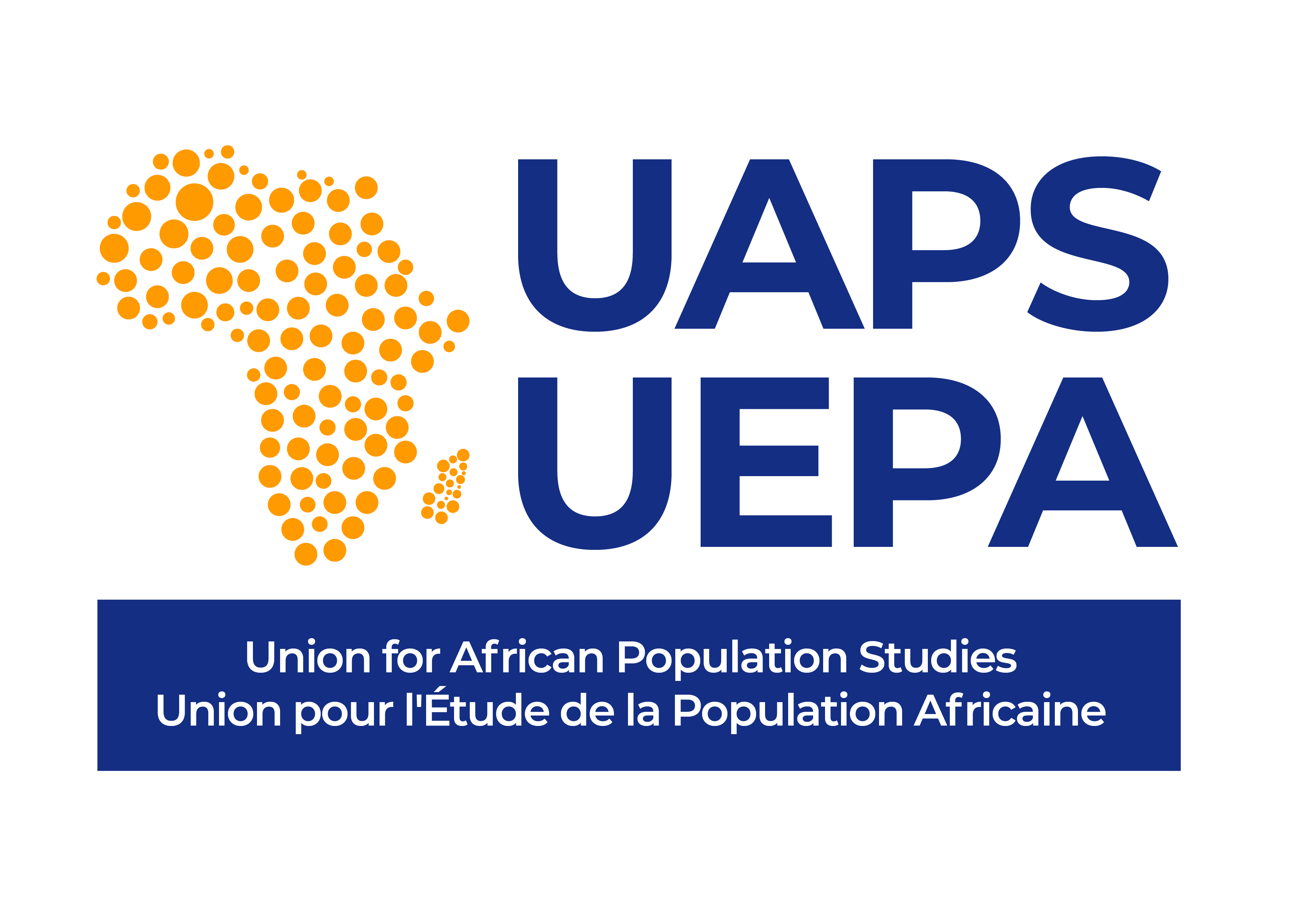Scientific Panels / Current Plans / Gender Equality
Current Plans
Gender Equality
Chair: Madeleine Wayack-Pambe, Higher Institute of Population Sciences / Ouaga University 1 Pr Joseph KI-ZERBO, Burkina Faso
Co-chair: Ousmane Faye, Université Cheikh Anta Diop (UCAD), Dakar , Senegal
The influence of gender relations on demographic and social behavior is regularly highlighted in scientific research. But while major changes are shaking up African societies – massification of education, urbanization, feminization of employment – their impact on gender relations and their recomposition remains little studied. This panel aims to be a fertile framework for reflection on this question. The increased access of women to schooling, in particular higher education, to employment income, contributes to their empowerment process by modifying their marital and family trajectories. Demographic work on nuptiality in Africa shows that the transformation of marital models is particularly accentuated in the urbanized intellectual elite and materializes in particular by an increase in the age at marriage for women, a reduction in the age gap between spouses, a decline in arranged marriages, and a reduction in fertility (Hertrich, 2007). But beyond these few indicators, there is still little measurement and research on the evolution of gender relations within households or couples. What about, for example, women’s decision-making, sharing of tasks and expenses, domestic violence, gendered socialization? Particular attention will be paid here to redefinitions of femininity and masculinity, to assigned gender roles, as well as to changes in the relationships of the father-daughter, spouse-partner dyads. It will also be a very specific study of how the education and employment of women transform intra-family gender relations.
